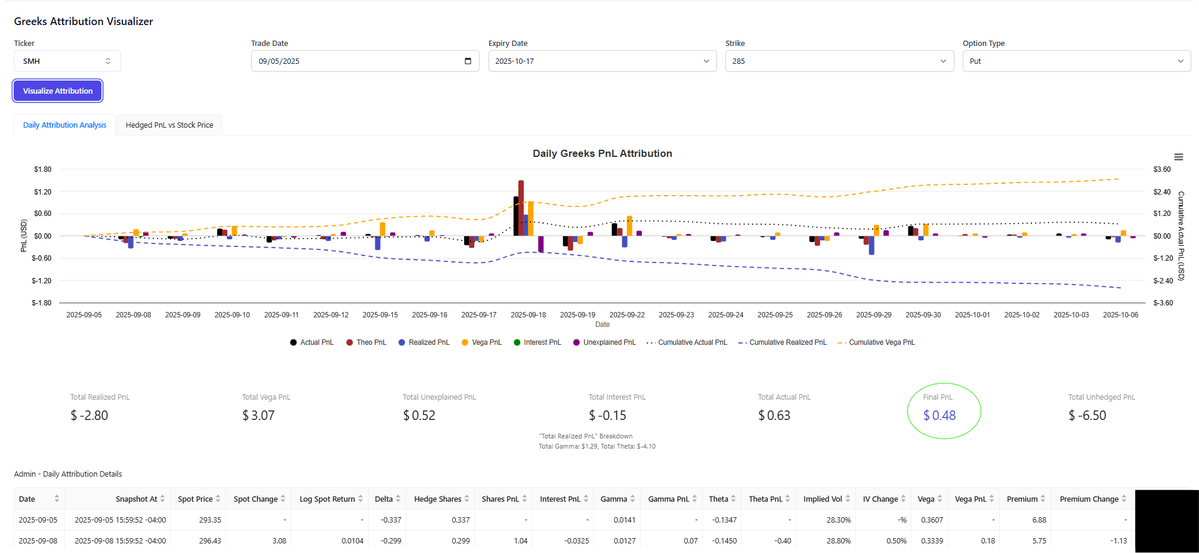Moontower Money Wiki: Start Here
This work-in-progress is an attempt to to connect the dots into a cohesive picture of how your financial picture over your life is connected to your daily decisions as well as what you actually do with your time.
I will append to it over time
This work-in-progress is an attempt to to connect the dots into a cohesive picture of how your financial picture over your life is connected to your daily decisions as well as what you actually do with your time.
I will append to it over time

• • •
Missing some Tweet in this thread? You can try to
force a refresh








